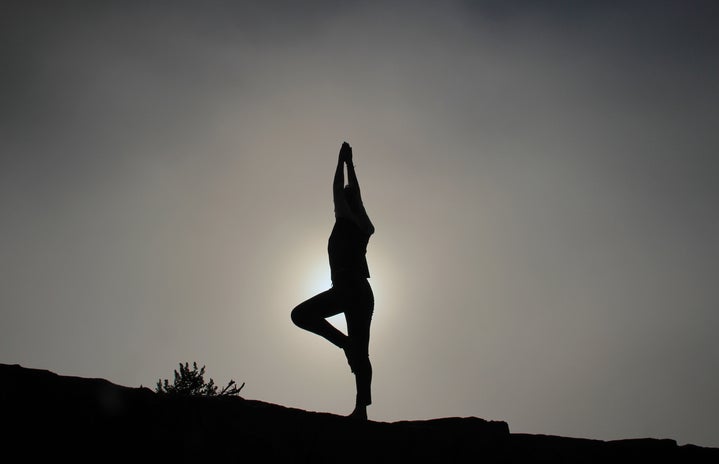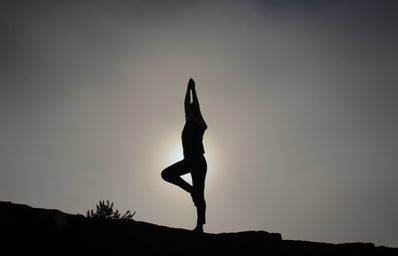My maternal grandmother was diagnosed with breast cancer at just 29. She passed away when she was 34, when my mom was just 15 years old. It’s a loss that’s left a void that can never be filled. More than thirty years later, my mom still deals with the pain of losing her best friend. Only recently did I realize how much breast cancer would affect my own life, too.
Even though I’ve never met my grandmother, I feel like I know her well. I’ve always been told how my smile mirrors hers, how I take after her with my smarts and how we’ve both suffered from migraines nearly the exact same way. We even have similar fears, like driving on bridges over water.
Just a few years before I was born, my paternal grandmother was diagnosed with breast cancer, too. She had been in remission for 18 years before it returned and spread to her lymph nodes and, eventually, her lungs. When she passed away in 2001, I was too young to comprehend the severity of cancer, yet I remember wondering what cancer was and why it took both of my grandmothers from my life.
During her fight against breast cancer, my maternal grandmother tried every possible treatment, from marijuana pills to radiation, but nothing seemed to work. That’s the terrifying part of cancer; it takes complete control of your body. Some may say that the doctors found it too late, others would attribute it to the lack of technology, but either way, nothing worked.
Soon after I hit puberty, I told my mom that my chest felt somewhat lumpy—I was so conscious of the possible symptoms of breast cancer. To most young girls, it would have clearly been a sign of a growing and maturing body, but given my family history, my mom took me to see our family physician to make sure that it wasn’t anything further. Fortunately, it wasn’t. Seeing how my mom reacted showed me just how much fear breast cancer had instilled in her.
My mom began getting mammograms at age 18 because of her high risk of breast cancer. She is now 48 and has never been diagnosed with cancer; however, that never stopped us from having the conversation about it. She’s told me that if she were ever diagnosed, she wouldn’t want to go through the chemo and radiation that her mom did because she never wanted my two brothers and me to see her the way she had to see her mom. The thought of my mom battling cancer terrified me; but if it were to happen, I knew I would want her to try every treatment available.
Now, my mom is thinking about getting tested for the BRCA1 and BRCA2, which are genes that increase the risk of female breast cancer. Her main reason? Not for her health, but for mine. Breast cancer is hereditary and according to research, these genes account for nearly 25 percent of hereditary diagnoses. My mom believes that testing for the gene is the most proactive thing she can do for me right now; meanwhile, I’ll continue to check “breast cancer” when I go to the doctor and am asked about my family medical history.
If I’ve learned anything from my family history, it’s that cancer doesn’t discriminate. It doesn’t care if you’re still young and have a whole life to live. It doesn’t care if you’re forced to leave your family behind. It doesn’t care if you’ve been in remission for years and it comes back out of nowhere. And for that reason, I have been proactive about my health, especially with regular self-exams.
But earlier this summer, at just twenty years old, I was diagnosed with skin cancer. I had gone in for a regular check-up, when my doctor raised concern about a nodule on the side of my nose; and honestly, if it wasn’t for my grandmothers, I probably wouldn’t have taken my family physician so seriously and followed up with a dermatologist. When I got the call after my biopsy, my heart sunk and I cried. Even though I knew plastic surgery would remove the cancer, both my mom and I were thinking the same thing—no matter how small, cancer is still daunting. After a few procedures, I am now free of skin cancer.
My experience with cancer—both in my family history as well as in myself—has made a huge impact in my life. I’ve learned to take my health seriously and take precautions, and to follow up with a doctor right away when something concerns me. Early detection and treatment means a better chance at fighting cancer—so it’s incredibly important to be conscious and proactive about your health in every aspect.
Do you have a story to share? Submit your story to Her Story!

